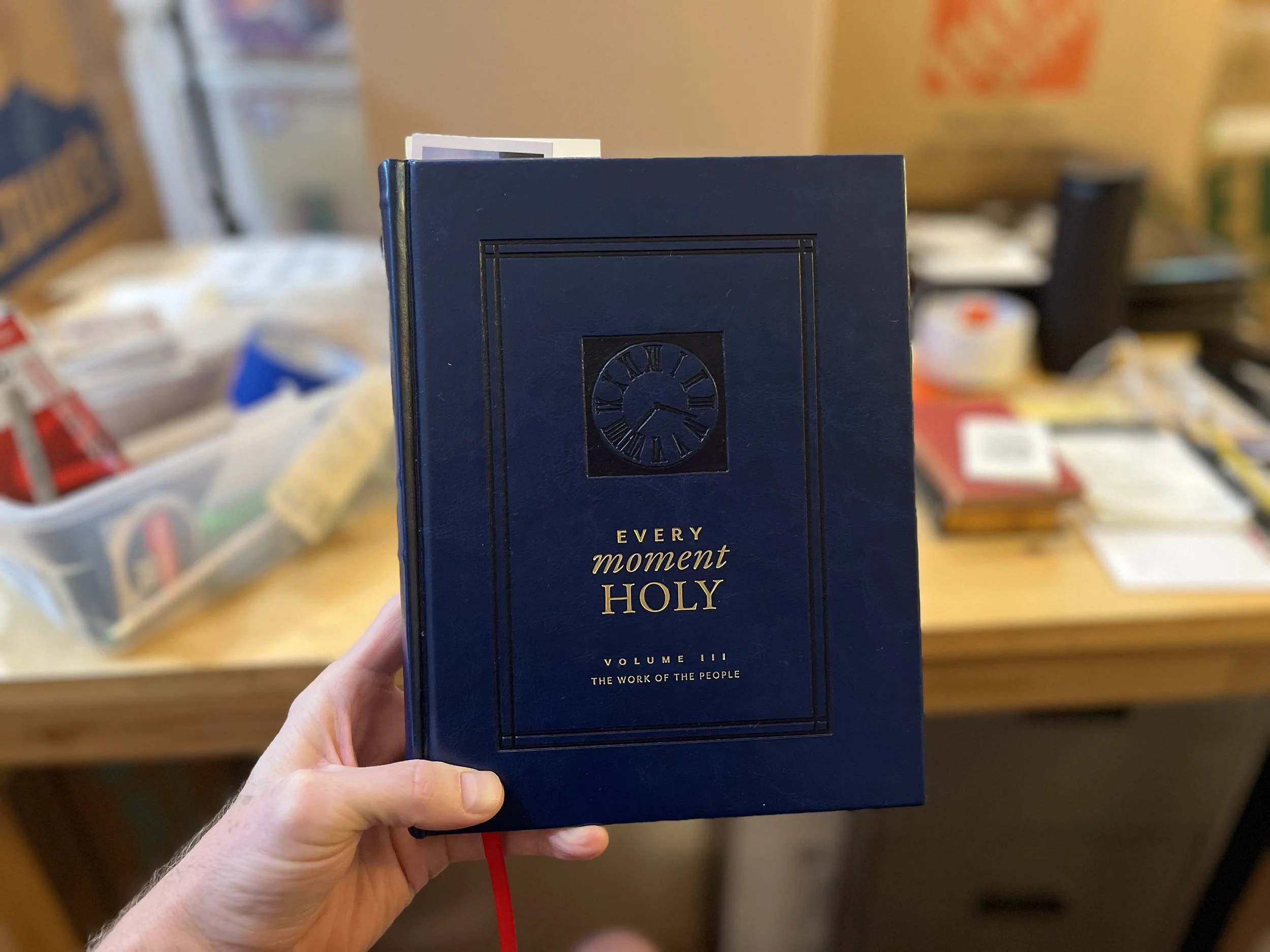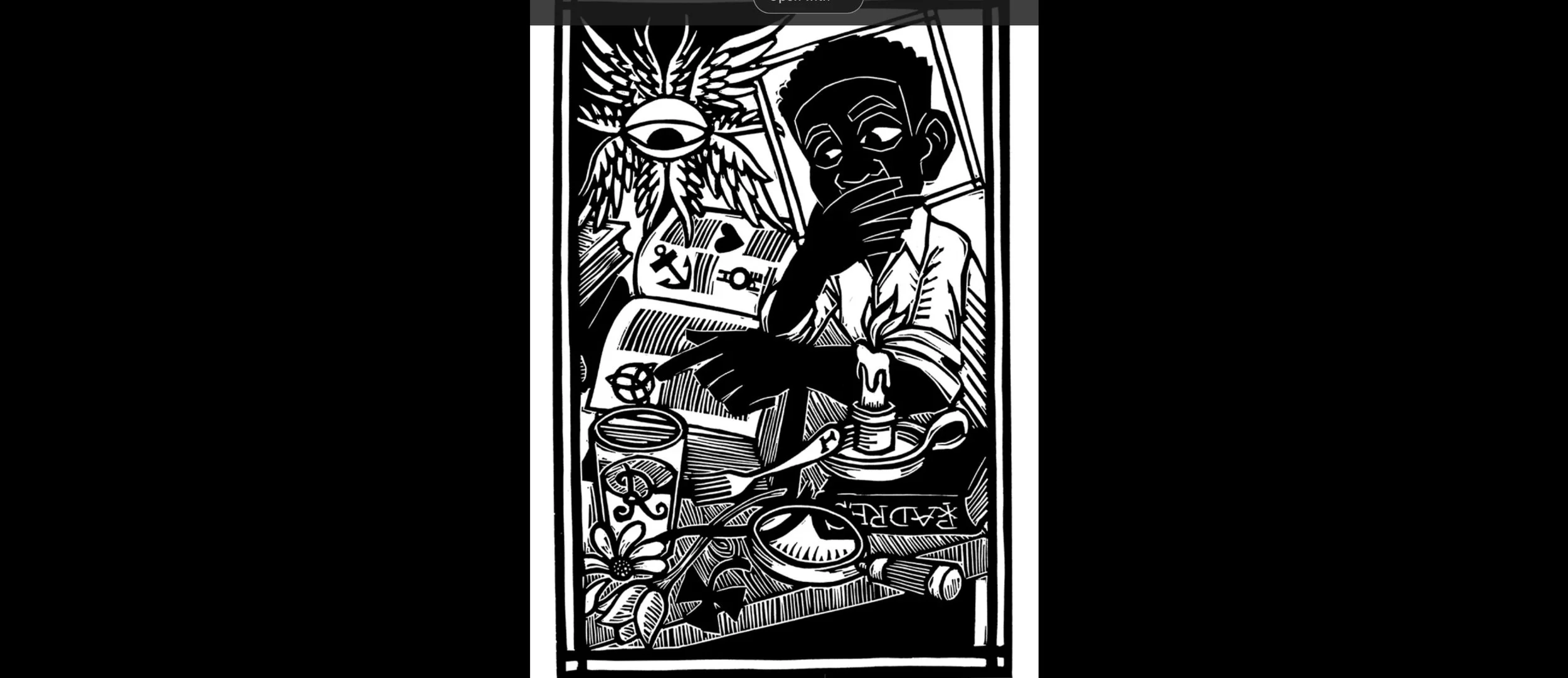On Rituals, Liturgies and Late-Blooming Limbo
I’ve said this before, but as a Third Culture Kid, moving homes is hard on the heart. It’s not, I should clarify, depressing or traumatic, not for me at least; it’s just a massively melancholy affair.
I’m rather desperate to be rooted in a geographically specific place, and having crossed the half-century mark, I’ve got a panicky need for such rootedness. I think my wife Phaedra feels similarly, being a TCK herself.
That’s where rituals and liturgies prove to be an invaluable help to me.
In the face of the seemingly fragmentary pieces of my life—marked by endless rounds of schooling, a late marriage, a delayed fatherhood, a belated discovery of my professional calling, and all sorts of little joy-pilfering disappointments—a good ritual both grounds me and gives me a glimpse of the wholeness of my life.
And over against the feeling that I’m left to my own devices on this blessed planet of ours, stumbling randomly from one thing to the next, hoping that it will all amount to a life well-lived rather than a life sorta-squandered, a good liturgy rehearses my helter-skelter thoughts in the grammar of Divine Providence, reminding me (yet again) that God’s grace is far more expansive, and far more intimately personal, than my scarcity-infected, frequently-forgetful heart might often imagine—despite all the obvious signs of goodness in my life.
On this account, I’m grateful to The Rabbit Room for the invitation to contribute two liturgies to this third volume in the Every Moment Holy series.
It was such a wonderful privilege to write a liturgy “For Beginning the Study of God” and “For Beginning an Artistic Work,” and it was an utterly delightful surprise to see Ned Bustard’s woodcut print that accompanied my liturgy for the study of God.
Ned Bustard woodcut print “For Beginning the Study of God”
The first I wrote for myself as a theologian; the second for my artist wife. My hope, of course, is that the first will serve any and all who teach others about God and that the second will bless all manner of artists.
I’m looking forward to reading the rest of the liturgies in this volume, and I’ll definitely be on the lookout for liturgies that help me to feel seen and heard and loved in this in-between-season of our lives, and that such liturgies, in turn, will help me to see and to hear and to love others who find themselves in similar life circumstances.

